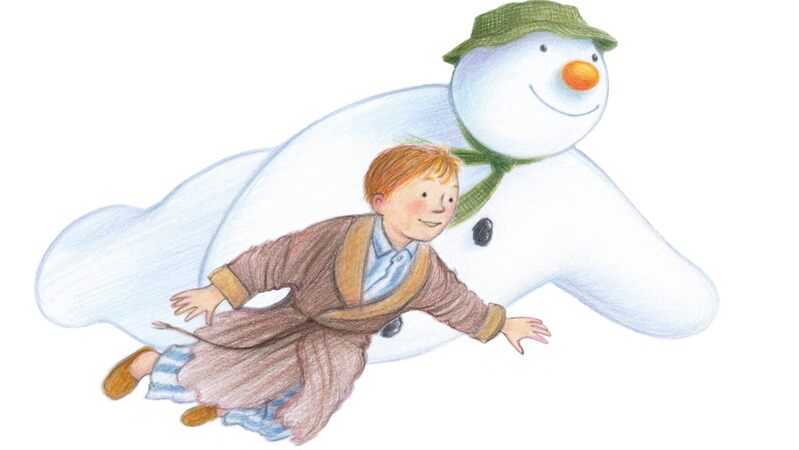You are viewing your 1 free article this month. Login to read more articles.
Top of the class
The Bookseller’s first ever survey into class within the publishing business reveals that a majority of those respondents who identifed as working class felt that their careers had been adversely impacted as a consequence (78%). Focus only on authors, and the percentage rises (83%). Take published authors out of that data and the figure rises still more (91%). The data shows that for those from working-class backgrounds, the publishing business is a difficult, off-putting and prejudiced space.
I don’t say this lightly. I know plenty of people from under-privileged backgrounds in the business, working at many levels and occupying positions of influence. If they have been made to feel unwelcome, it is not evident. When the author Kerry Hudson wrote a piece for the Guardian, headlined "Where are all the British working-class writers?", thriller writer Ian Rankin tweeted: "They’re hiding on the bestseller lists, as writers of popular fiction."
There is a problem of visibility and recognition, but also the question of mobility. In her memoir Lowborn (Chatto), Hudson talks of reconciling her "now", as a published author, with her past poverty. "I have come to believe that being poor is not simply a matter of economics or situation..." Dead Ink Press’ Nathan Connolly asks if setting up a publishing business changes his class—"delegitimising the working class is a step towards removing working-class voices".
Our approach has attemped to take all of these things into consideration, but it has also asked some obviously pointed questions around barriers to entry, including the dominance of London, the likely low (off-putting) wages available both to new entrants and new authors, and the proliferation of publishing courses.
It was no surprise, then, that the launch of the survey elicted some negative responses. "It is skewed, the figures will warp the debate, the subject is complex," were among some of the things we were told. I’d hope the results speak for themselves—but a self-selecting inquiry into a detailed, intersectional and multi-layered dilemma will never be satisfactory in and of itself. It is by design-fault partial and provocative. But here’s the rub: we either spark the discussion, or we duck it. That close to 1,000 respondents thought to complete the questionnaire within its first 48 hours should tell us everything we need to know about its relevance, its importance and why it matters. We know publishing is a profession dominated by the middle- classes, but did we know what that has felt like, and how it has undermined efforts to build careers within the sector?
The more serious complaint is one of perception: that in highlighting the extent of the problem, the survey itself becomes a barrier. Publishing has made huge efforts to become more representative and we should not pretend otherwise—there are courses, schemes and recruitment initiatives aimed squarely at this. That we are also this week celebrating regional shortlists of both booksellers and publishers for The British Book Awards, shows how this business is changing—and for the better.
But we can still do more.















